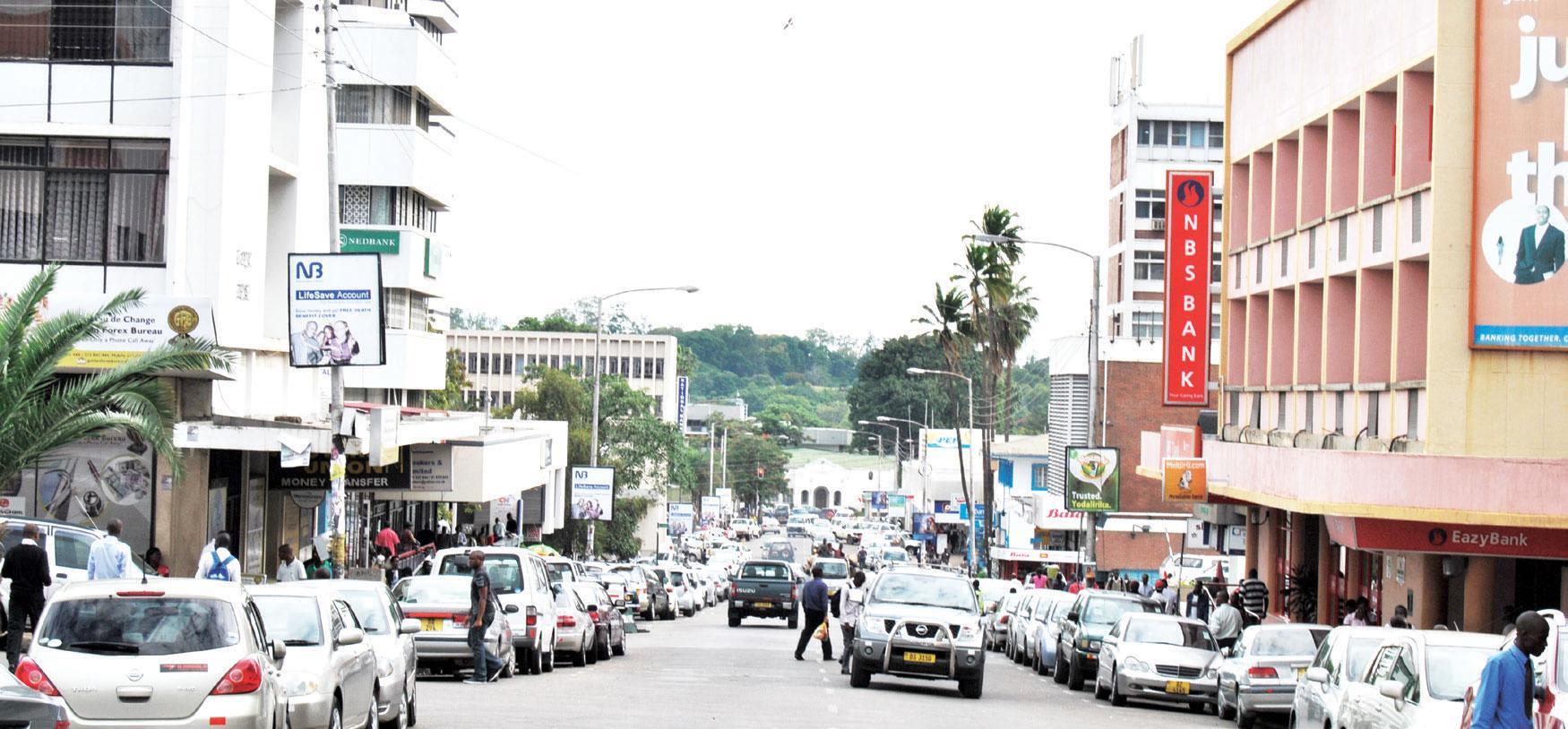Africa-Press – Malawi. The public sector indebtedness to the banking industry increased by K431.8 billion to K6.9 trillion in May 2025, driven by significant borrowing by the central government and state-owned enterprises.
This is according to the latest Monthly Economic Review published by the Reserve Bank of Malawi (RBM).
The surge was primarily attributed to a K380.1 billion increase in net credit to the central government, pushing the total to K6.3 trillion.
The report further indicates that RBM’s net claims on the central government alone increased by K216.3 billion to K2.6 trillion in May, compared to a decrease of K139.0 billion recorded in the previous month.
The expansionary effect was largely due to an uptick in ways and means advances to the government of K276.6 billion, bringing the total outstanding Ways and Means advances to K347.1 billion in May 2025.
“The government increased its deposit holdings with the central bank by K8 billion to K452.7 billion in May 2025, which partly counteracted the expansion in RBM net credit to the government,” the report reads.
Meanwhile, private sector credit growth accelerated to 28.4 percent annually in May 2025 from 21.9 percent in April 2025, though this remained below the 29.8 percent recorded in May 2024.
On a month-on-month basis, private sector credit increased by K157 billion to K1.7 trillion in the review month.
The uptick was driven by increases in commercial and industrial loans, individual household loans, and mortgages amounting to K99.7 billion, K44.5 billion, and K1.9 billion respectively in May 2025.
The RBM attributed the increase to the agricultural marketing season in the second quarter of the year.
Economist Velli Nyirongo warned that the government’s heavy reliance on domestic borrowing poses significant risks to the economy.
“Such a pronounced reliance on domestic borrowing, particularly from the central bank, signals an expansionary fiscal stance that may reflect underlying fiscal pressures or funding gaps. This pattern raises concerns about debt sustainability and could exert upward pressure on inflation,” Nyirongo said.
He added that if the trend persists, “it is crowding out private sector credit, thereby constraining private investment and long-term economic growth.”
Another economist Marvin Banda was more critical of the banking sector’s approach, arguing that their focus on government debt is hindering economic recovery.
“The biggest performance in the GDP profile remained that of the financial sector, mainly due to the sector’s appetite for public debt. Private sector access to credit has been abysmal and inconsistent with a nation aiming for economic recovery,” Banda said.
He criticized the current policy rate, stating that “the wisdom to continue to maintain the policy rate at 26 percent seems more punitive than remedial to catalyse private sector led economic recovery the more the days pass.”
Banda called for deliberate policy intervention to redirect credit toward productive sectors. “The amount of credit that is going to commercial and industrial players remains low and would need deliberate policy intervention in order to then become catalytic,” he said.
For More News And Analysis About Malawi Follow Africa-Press






